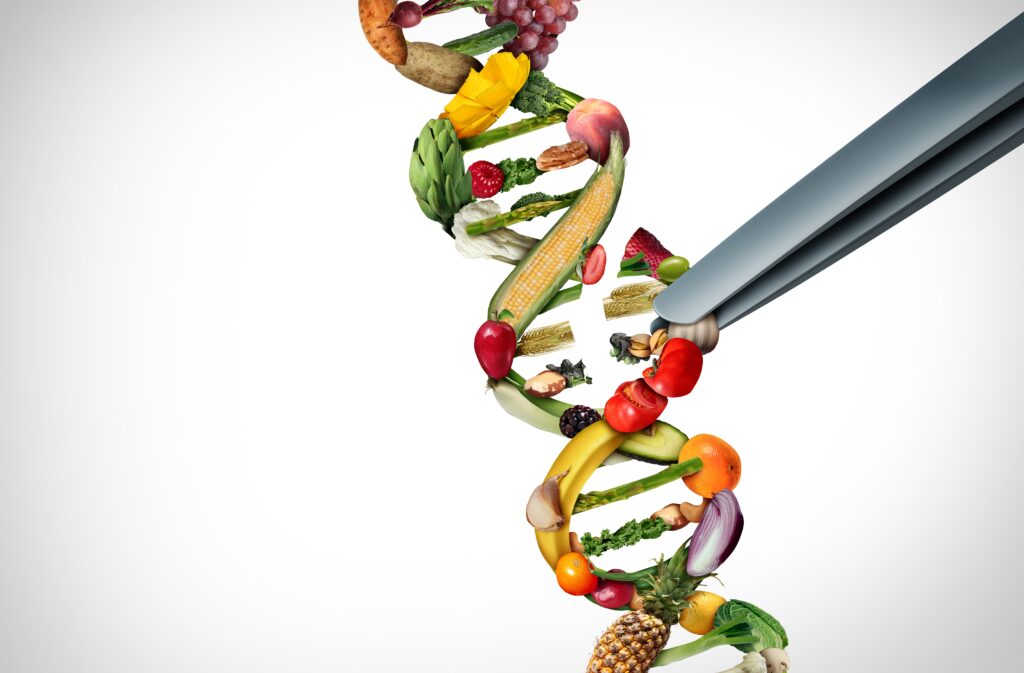In a pivotal move for the food industry, the US Food and Drug Administration (FDA) has unveiled industry guidance for genome edited foods derived from plants. This landmark guidance aims to demystify the FDA’s risk-based approach towards both genome edited foods and all new plant varieties. At the same time, the EU is also advancing in this domain, poised to ease its genetically modified organisms (GMO) legislation, marking a significant shift in global food regulation perspectives.
What is Genome Editing?
Genome editing stands as a cutting-edge technique that ingeniously introduces new traits into plants. It also serves as a way of catering to the burgeoning needs of a growing global population. The FDA articulates genome editing as a precise tool for enhancing plant traits. This paves the way for the development of plants with improved nutritional profiles, resistance to pests and diseases and adaptability to diverse environmental conditions.
This innovative approach heralds a new chapter in agricultural development, promising to address some of the most pressing challenges in food security and environmental sustainability.
Related: FSMA 204: FDA Introduces New Tools for Food Traceability Rule Compliance
FDA Guidance on Genome Edited Foods
The FDA’s recent guidance document sheds light on the regulatory landscape for foods derived from genome edited plants. It lays out the foundational principles for ensuring the safety of these innovative foods. The guidance introduces two voluntary processes through which companies can inform the FDA about their product safety measures involving new genome edited plant varieties.
Highlighting the importance of evaluating potential risks, the FDA’s guidance encourages early consultation with the agency during the development of genome edited foods derived from plants. This proactive stance is designed to identify and mitigate any potential risks, ensuring that new products are safe for consumer consumption. The guidance offers a roadmap for developers, emphasizing the need for thorough safety assessments and proper labeling to inform consumers about the nature of these foods.
This guidance is a beacon for the food industry, guiding developers through the regulatory maze and ensuring that genome edited foods meet the highest safety standards.
Voluntary Pre-Market Engagement and Small Businesses
In a bid to streamline the regulatory pathway, the FDA proposes a voluntary pre-market engagement for genome-edited foods. This approach reaffirms the FDA’s risk-based framework, extending it to encompass foods from genome-edited plants. By introducing voluntary pre-market consultations and meetings, the FDA aims to facilitate the regulatory processes for biotechnology products. This ensures the implementation of necessary safeguards and smoothing the path to market for these innovative foods.
Recognizing the potential of genome editing to revolutionize the food industry, the FDA has also issued guidance specifically addressing small businesses. This initiative seeks to engage small enterprises, including those contemplating the use of genome editing for developing new plant varieties for human or animal consumption. The FDA’s call for information on engaging small businesses underscores the inclusive nature of this regulatory framework, aiming to foster innovation across the industry spectrum.
The Future of Genome Edited Foods
With the FDA’s adoption of a risk-based approach and the European Union’s (EU) forthcoming relaxation of GMO legislation, the horizon for genome edited foods looks promising. It underscores the growing recognition and acceptance of these foods in the global market.
Nonetheless, it remains imperative for developers to prioritize safety and transparency, ensuring that consumers are adequately informed about these products. The FDA’s guidance is a significant stride towards balancing innovation with consumer protection, promoting a future where genome edited foods play a pivotal role in addressing global food challenges.
If you want your company to be featured on Xtalks.com, please email [email protected].












Join or login to leave a comment
JOIN LOGIN